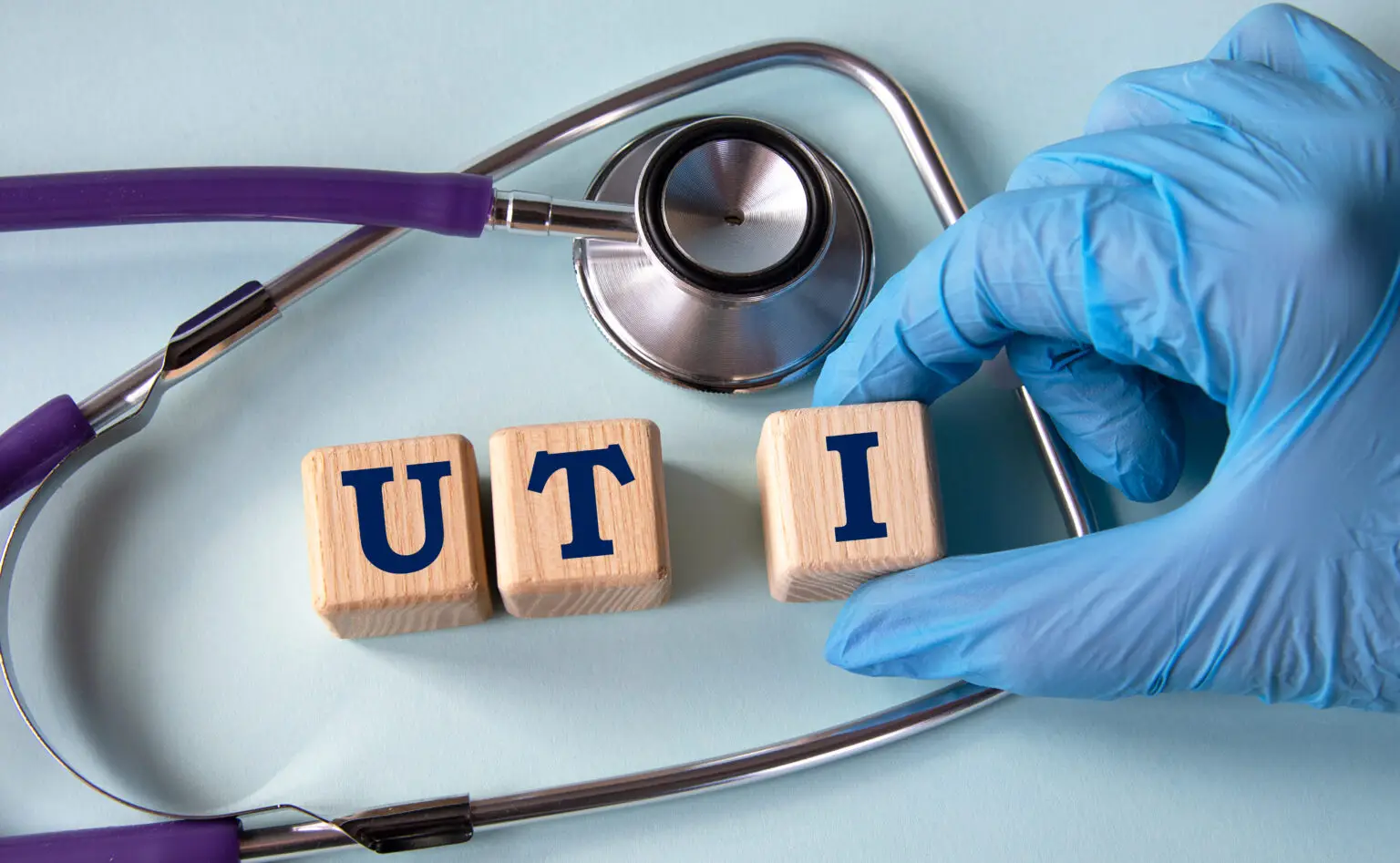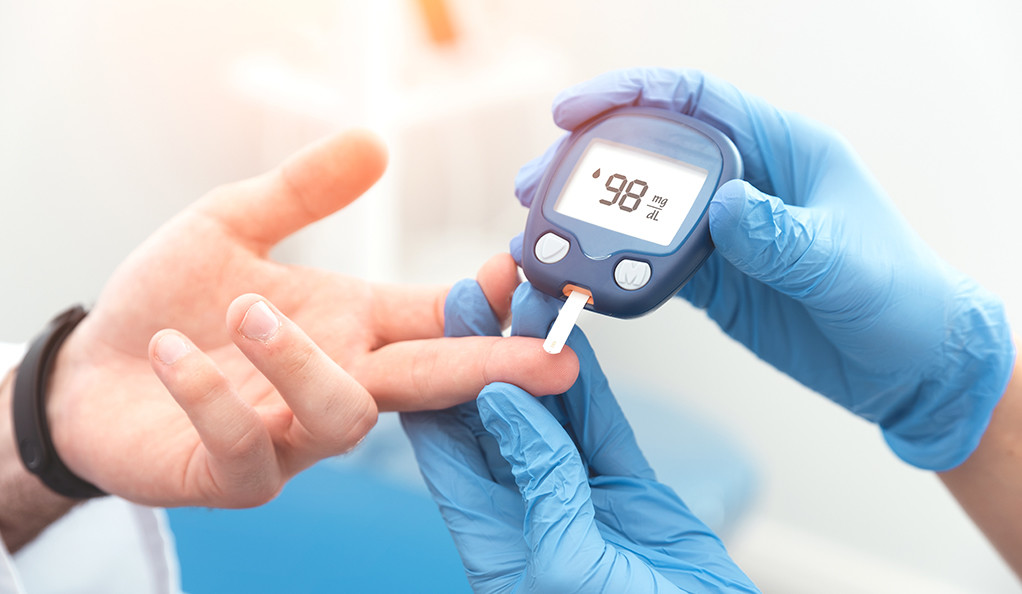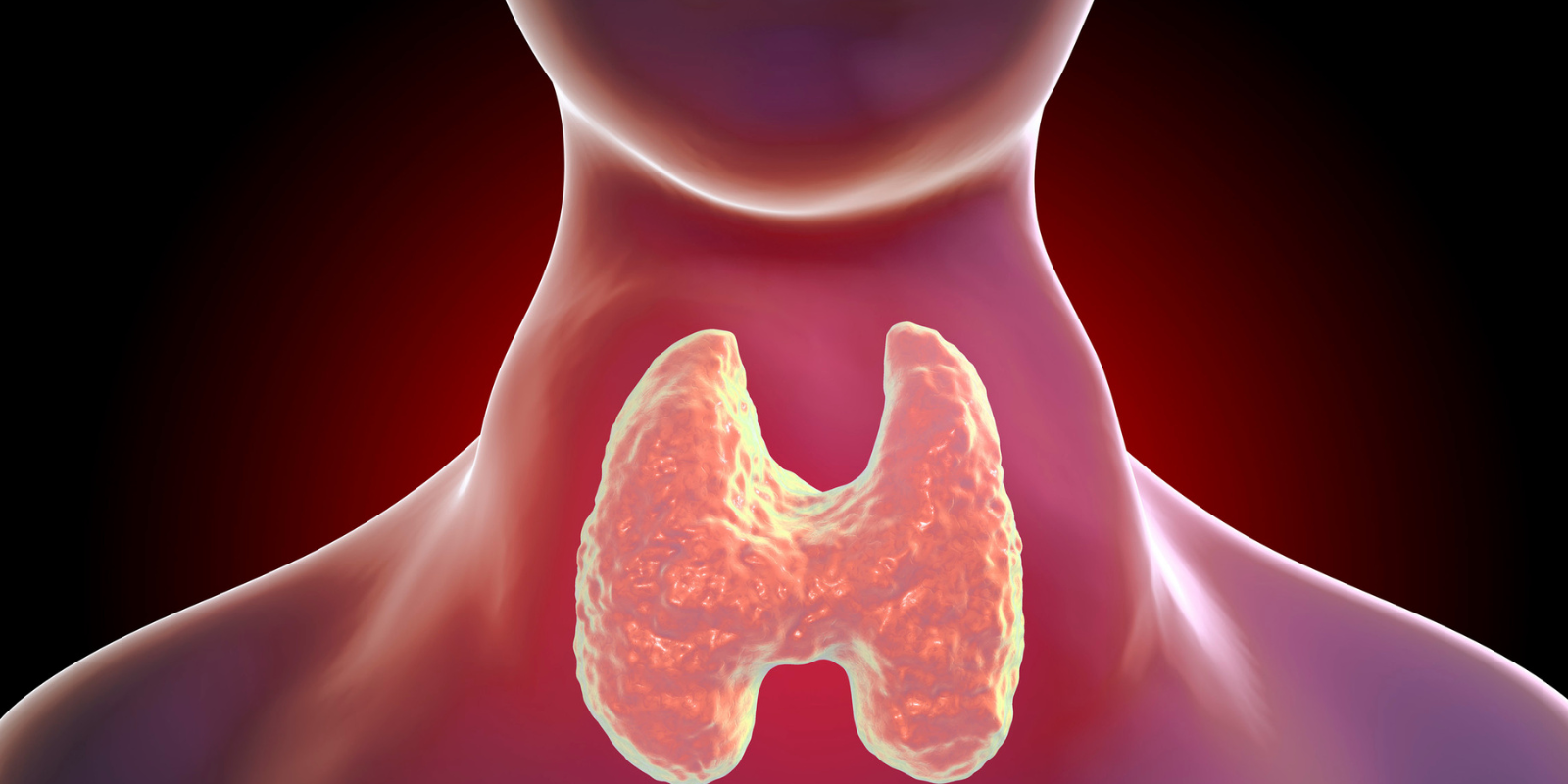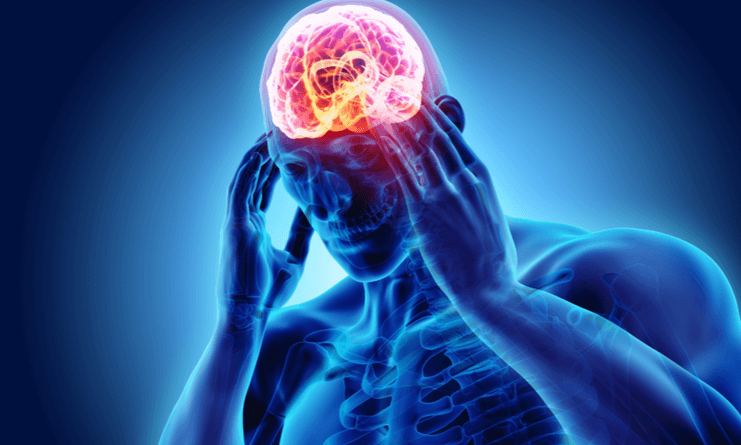One moment you feel yourself totally fine, while the next you are fanning yourself in the night because of hot flashes and being drenched in sweat. This is the way menopause sneaks into your life with restless nights, hot flashes, and mood swings.
The end of the menstrual cycle, 12 months after your last period, is Menopause, which occurs between the ages of 45 and 55. At this stage, your ovaries stop producing eggs and releasing reproductive hormones, such as estrogen and progesterone.
The years marked by irregular periods leading to menopause are perimenopause, while the stage of completed menopausal transition is postmenopausal.
Suppose you are experiencing symptoms such as hot flashes, night sweats or cold flashes, difficulty in sleeping, emotional disturbances (mood swings, mild depression, or irritability), vaginal dryness, weight gain, urinary urgency, irregular periods. In that case, you might be entering the menopause.
This is a natural transition that can be made smoother naturally without depending on the medication. With some lifestyle changes and the right food, this journey can be made smoother. In this article, we will talk about the proven methods that will help you make this transition easier.
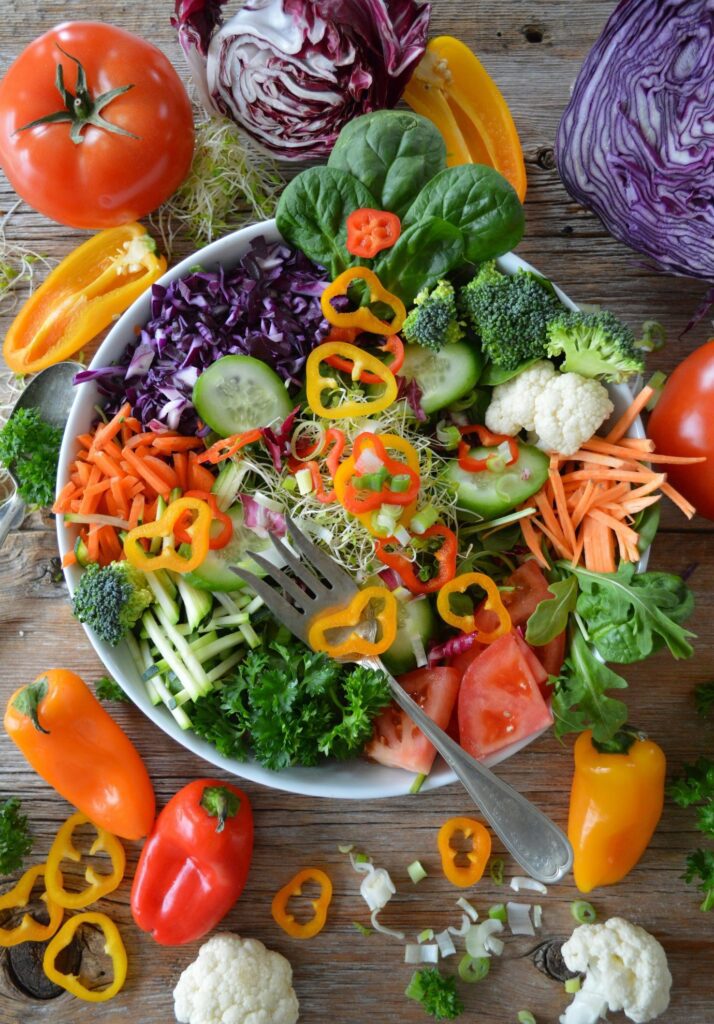
Natural Remedies and Lifestyle Tips for Smoother Menopause Transition
Balanced Diet and Nutrition
A balanced diet packed with whole grains, good fats, calcium, phytoestrogens, oxidants, and essential minerals helps to reduce the intensity and frequency of menopause symptoms.

Food to Eat
- Calcium and Vitamin D: Consume the calcium-rich foods such as dairy (milk, yogurt, cheese), fortified plant milk (almond, soy milk), and green leafy vegetables. Pair them with safe exposure to sunlight or Vitamin D supplements to reduce the risk of osteoporosis. During menopause, your reproductive hormone estrogen levels start declining, which can lead to low calcium absorption in the bones and increase the risk of osteoporosis.
- Nutrient-dense Foods: Focus on whole grains (whole-wheat bread, pasta, oats, quinoa, and brown rice for fibre. Add at least five servings of fibre, vitamins, and antioxidants (oranges, spinach, berries, broccoli) to your daily routine to control blood sugar and improve digestion.
- Phytoestrogens: Foods such as flaxseeds, lentils, chickpeas, tofu, and soybeans have estrogens that can help to ease hot flashes.
- Fats: Foods containing omega-3 fatty acids, such as flaxseeds, chia seeds, walnuts, and salmon, aid in reducing inflammation and regulating the mood. Unsaturated fats in avocados, olive oil, and nuts support your heart health.
- Proteins: Include lean protein in your diet that helps in maintaining your muscle mass, which starts declining with age.
- Water: Keep your body well hydrated to support your overall physiological functions.
Food to Avoid
- Processed Foods: Avoid consumption of processed foods and refined carbohydrates. They disturb the blood sugar level and accumulate fats in your body.
- Excess Sugar: Added sugars in the meal hurt your metabolism.
- Saturated and Trans Fats: Cut down the consumption of saturated and trans fats.
- Caffeine and Alcohol: Limit the consumption of caffeine and alcohol in your diet, as they increase the frequency and severity of menopause related symptoms.
Spicy Foods: Spicy foods in some women may trigger
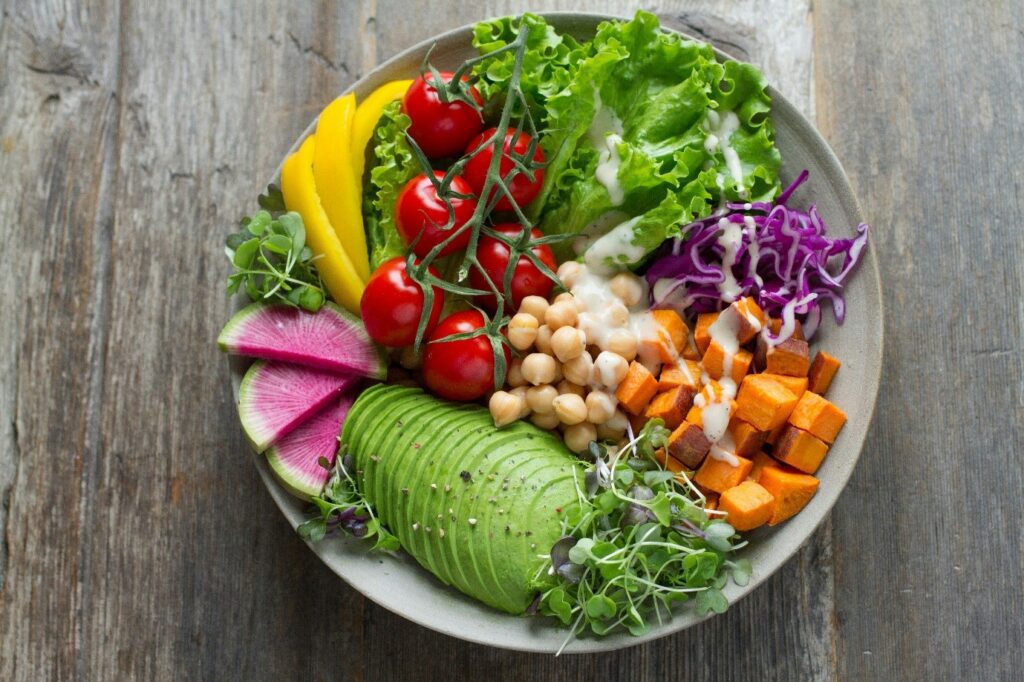
Exercise and Lifestyle
Exercise is crucial to relieve menopause symptoms, along with some changes in lifestyle.
Recommended Exercises
- Regular Physical Activity: This involves moderate aerobic activity regularly for at least 150 minutes per week.
- Cardio Activity: Jogging, walking, cycling, or swimming improves blood circulation, helps to maintain a healthy weight, and boosts your mood.
- Strength Training: Doing bodyweight exercise helps to build muscle and boost your metabolism. It also aims to support bone health and reduce the risk of fractures.
- Yoga and Pilates: They help to reduce bone stiffness and improve flexibility, relaxation, and help in stress management.
- Body-mind Practices: Such meditations balance your hormones, reduce stress, and improve the quality of your sleep.

Including 150 minutes of moderate cardio per week, 2-3 strength training sessions per week, and daily yoga or pilates for 10-15 minutes would be all that counts in your physical activities and lifestyle changes.
Lifestyle Modifications
- Stress Management: To reduce the menopause symptoms, practice mindfulness at least 5 minutes per day, engage in deep breathing (inhale 4, hold 4, exhale 6), and meditation, which help in stress management and overall well-being. Journaling and hobbies like painting, reading, and knitting also help to manage stress.
- Good Sleep: A peaceful night’s sleep with a consistent early-to-bed and early-to-rise routine always helps to have a sound mind and body.
Keep your screens away during sleep and avoid screen time at least an hour before going to bed. Limit the consumption of caffeine after midday. Keep your room dark, quiet, and cool for better sleep.

Natural and Herbal Supplements
Some women have found benefits in relieving menopause symptoms through the use of natural supplements and herbs.
Red Clover: This is a phytoestrogen and eases the mild symptoms.
Black Cohosh: Has benefits to relieve you from hot and cold flashes and improve your sleep.
Primrose Oil: Evening primrose oil is sometimes used for hot flashes and also for breast tenderness.
Ashwaganda: Ashwaganda is an evergreen shrub and is used as an “adaptogen”. It reduces stress and improves your sleep.
Soy Isoflavones: They are found in soy and help to regulate hormone activity and reduce night sweats.
Ginseng: It helps to lift your mood and regulate your hormones.
Dong Quai: It has the potential to balance the estrogen levels in your body.
Sage: It is helpful to reduce the severity of night flashes.
Flaxseeds: They are helpful in digestion and support hormonal balance.
Though some herbs have shown promising effects in reducing the severity and intensity of menopause transition, this may vary from woman to woman. They are not FDA-regulated, so it’s better to consult your health care provider before adding them to your daily routine. They sometimes interact with other medications as well and can pose risks.
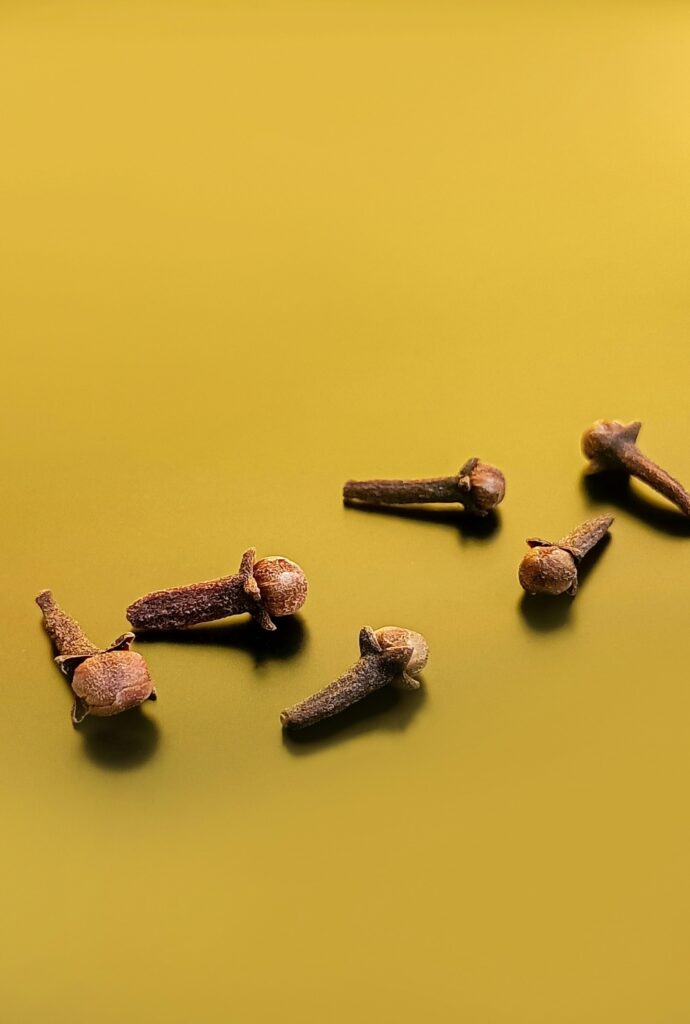
Key Takeaways
- Menopause transition is natural and can be made smoother with natural ways.
- The severity and frequency of menopause symptoms can be managed with a balanced diet, exercise, lifestyle modifications, and the addition of some herbal or natural supplements.
- Focus on a balanced diet which is rich in fibres, antioxidants, calcium, omega-3 fatty acids, phytoestrogens, vitamins, and minerals.
- Keep yourself hydrated throughout the day.
- Limit the consumption of processed foods, excess sugar, caffeine, and alcohol.
- Engage your body in movements and stay active with exercises, cardio, strength training, and yoga.
- Focus on stress management by getting involved in deep breathing, meditation, journaling, or hobbies.
- According to your body, explore some natural supplements such as red clover, evening primrose oil, black cohosh, ginseng, sage, and flaxseeds, but consult your doctor first.
- Minimise the screen time and have a good quality night’s sleep. Stay stuck to a routine.
- To manage hot flashes and night sweats, wear lightweight and breathable clothes.
- Be consistent in small lifestyle changes, which will help you manage menopause naturally and make the transition smoother.
- If you find severity in your symptoms or have been diagnosed with depression or anxiety, it is recommended to get treated with medication.
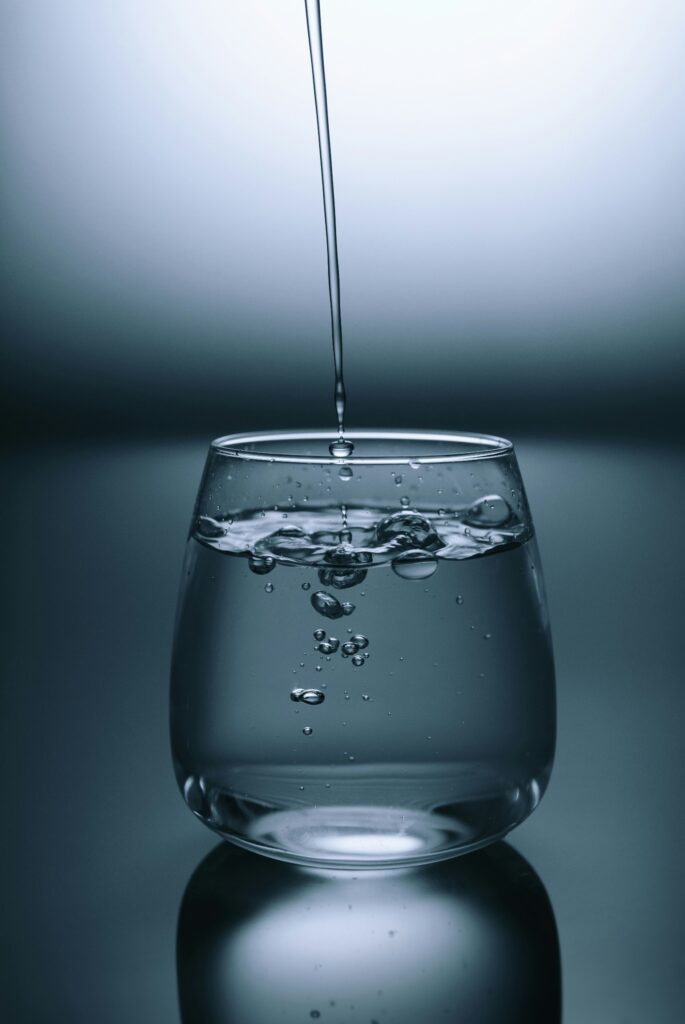
Conclusion
Focusing on how you can manage menopause transition naturally will make this journey smoother and healthier. Menopause is natural, the transition is natural, and it can be made easier naturally to relieve the symptoms. The severity and frequency of various symptoms, such as hot and cold flashes, sleep disturbances, mood swings, weight gain, and vaginal dryness, can be controlled by proven natural tips.
It is the beginning of a new stage; embrace it with confidence. With the combination of exercise, movements, lifestyle changes, better nutrition, stress management, better sleep, and natural remedies, you can thrive through this journey with a healthy and happy life.

Want to know more? Read the article ” Hormonal Imbalance Symptoms Every Woman Should Watch For (and How to Fix Them Naturally)” on healthabulous and build the habits that will help you carry through every stage of your life gracefully.
FAQs
Can menopause symptoms be managed without medication?
YES! Menopause symptoms can be managed naturally by changes in lifestyle, good nutritional diet, natural remedies, exercise, and stress management. In some cases, medication is recommended too.
How long do menopause symptoms last?
Menopause symptoms usually last for 4-8 years, but their severity can be reduced by lifestyle changes.
Can weight gain during menopause be controlled?
Yes! Weight gain can be controlled by exercise, a balanced diet, and stress reduction.
Do natural remedies work for hot and cold flashes?
YES! The intensity and severity of hot and cold flashes can be controlled by food with phytoestrogens and stress management.
Is there any safest natural supplement for menopause?
Natural supplements such as red clover and black cohosh are the safest. But always consult your healthcare provider before adding any supplement to your routine.
References
- Bacon JL. The Menopausal Transition. Obstet Gynecol Clin North Am. 2017 Jun;44(2):285-296. doi: 10.1016/j.ogc.2017.02.008. PMID: 28499537.
- M. Ananda Kumari, B. Asritha, V. Ruchita, S. Sai Sushmitha Reddy, P. Priyanka, & Y. Swathi Lahari. (2025). STUDY OF GYNAECOLOGICAL PROBLEMS IN POSTMENOPAUSAL WOMEN IN TERTIARY CARE CENTER, GGH, VIJAYAWADA. Journal of Population Therapeutics and Clinical Pharmacology, 32(1), 434-439. https://doi.org/10.53555/90k2hw11
- Amanda Priscila Silva Nascimento,Maria Elita Martins Duarte,Ana Paula Trindade Rocha,Ana Novo Barros,Bioactive Compounds, Technological Advances, and Sustainable Applications of Avocado (Persea americana Mill.): A Critical Review, Foods, 14, 15, (2746), (2025). https://doi.org/10.3390/foods14152746
- Antwi-Boasiako Oteng, Sander Kersten,Mechanisms of Action of trans Fatty Acids,Advances in Nutrition,Volume 11, Issue 3,2020,Pages 697-708,ISSN 2161-8313,https://doi.org/10.1093/advances/nmz125.
- Capel-Alcaraz AM, García-López H, Castro-Sánchez AM, Fernández-Sánchez M, Lara-Palomo IC. The Efficacy of Strength Exercises for Reducing the Symptoms of Menopause: A Systematic Review. J Clin Med. 2023 Jan 9;12(2):548. doi: 10.3390/jcm12020548. PMID: 36675477; PMCID: PMC9864448.
- Lagunes-Córdoba E, Yoldi-Negrete M, Hewson T, Guízar-Sánchez D, Robles-García R, Tovilla-Zárate CA, Tracy D, Saracco-Alvarez RA, Fresán A. A better way of life: The role of leisure activities on self-perceived health, perceived stress, confidence in stress management, and satisfaction with social support in psychiatrists and psychiatry trainees in Mexico. Front Psychiatry. 2022 Dec 7;13:1052275. doi: 10.3389/fpsyt.2022.1052275. PMID: 36569620; PMCID: PMC9774476.
- Safdari F, Motaghi Dastenaei B, Kheiri S, Karimiankakolaki Z. Effect of Evening Primrose Oil on Postmenopausal Psychological Symptoms: A Triple-Blind Randomized Clinical Trial. J Menopausal Med. 2021 Aug;27(2):58-65. doi: 10.6118/jmm.21010. PMID: 34463069; PMCID: PMC8408320.
- Gopal S, Ajgaonkar A, Kanchi P, Kaundinya A, Thakare V, Chauhan S, Langade D. Effect of an ashwagandha (Withania Somnifera) root extract on climacteric symptoms in women during perimenopause: A randomized, double-blind, placebo-controlled study. J Obstet Gynaecol Res. 2021 Dec;47(12):4414-4425. doi: 10.1111/jog.15030. Epub 2021 Sep 22. PMID: 34553463.
- Waetjen LE, Crawford SL, Chang PY, Reed BD, Hess R, Avis NE, Harlow SD, Greendale GA, Dugan SA, Gold EB; Study of Womenʼs Health Across the Nation (SWAN). Factors associated with developing vaginal dryness symptoms in women transitioning through menopause: a longitudinal study. Menopause. 2018 Oct;25(10):1094-1104. doi: 10.1097/GME.0000000000001130. PMID: 29916947; PMCID: PMC6136974.
- Peacock K, Carlson K, Ketvertis KM. Menopause. [Updated 2023 Dec 21]. In: StatPearls [Internet]. Treasure Island (FL): StatPearls Publishing; 2025 Jan-. Available from: https://www.ncbi.nlm.nih.gov/books/NBK507826/

